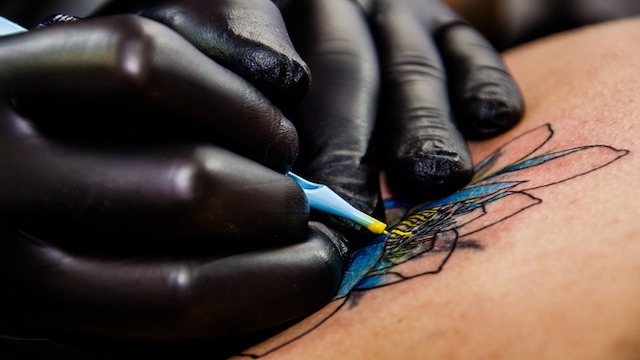 PIXABAY, MBRAGION
PIXABAY, MBRAGION
Cycling macrophages that guzzle ink on the skin of mice help keep tattoos in place, according to a study published yesterday (March 6) in the Journal of Experimental Medicine.
This research “shows that tattoos are in fact much more dynamic than we previously had believed,” Johann Gudjonsson, a professor of immunology and dermatology at the University of Michigan who was not involved in the study, tells The New York Times.
The investigation began when a group of researchers in France, while examining the skin of black mice, discovered macrophages that consumed pigment particles after melanocytes, the cells that produced them, died.
To see if immune cells were also present in tattoos, the team inked the tails of albino mice and found that the macrophages were, ...




















